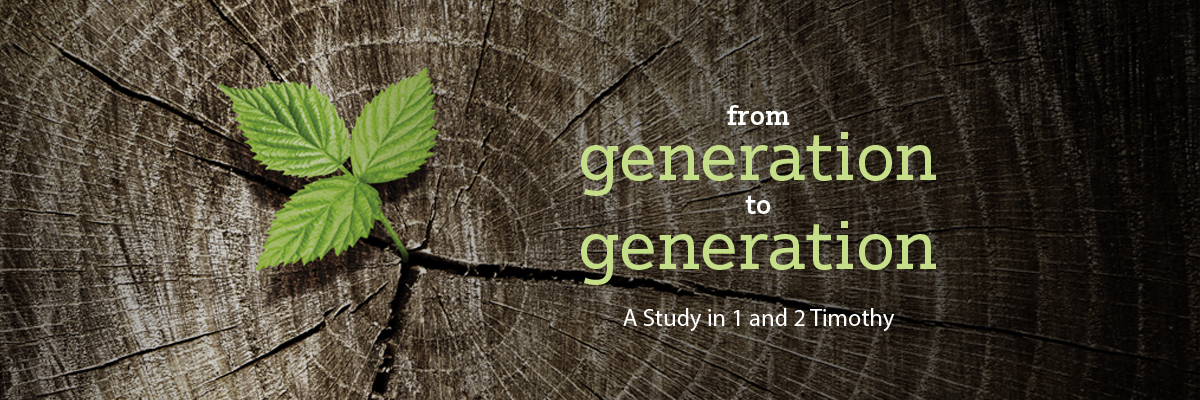

Why do Christians Still Call Themselves Sinners?
I'm confused. Sometimes I hear believers refer to themselves as "sinners." Aren't we now considered "saints"? Why do Christians still call themselves sinners?
I think believers have a partner in the Apostle Paul when it comes to recognizing ourselves as sinners, for he says, “I am . . . the worst of sinners” (1 Tim. 1:15–16). The Apostle John also reminds us that Jesus is our Advocate before God the Father “if anybody does sin” (1 John 2:1). The call from the Apostle Peter for us to “be holy” reflects the fact that we have sins that we must overcome—that we are sinners (1 Peter 1:16). The father of the Protestant Reformation, Martin Luther, used the phrase “simul justus et peccator” to describe believers. Translated it means, “simultaneously righteous and sinner,” or at the same time we are both just in the sight of God and peccable in our actions before Him. Our righteous status before God rests solely on our identity with Christ: “in him we might become the righteousness of God” (2 Cor. 5:21). Christ, our Advocate and Mediator, secures our salvation forever.
Presently, however, we walk before God in a relationship of daily thoughts, intentions, motives, goals, and choices. In this relationship we fight to put off and put to death sinful ways and to reckon ourselves dead to sin in our actions (Rom. 6:11; Eph. 4:22–24; Col. 3:5). We equally strive for holiness, seeking to put on the character of Christ (Col. 3:12–17; Heb. 12:14). We battle temptations, like fish being baited by an angler’s worm on a hook but resisting (James 1:13–15; 1 John 2:15–17). Yet we remain saints because Christ has provided redemption for us.




